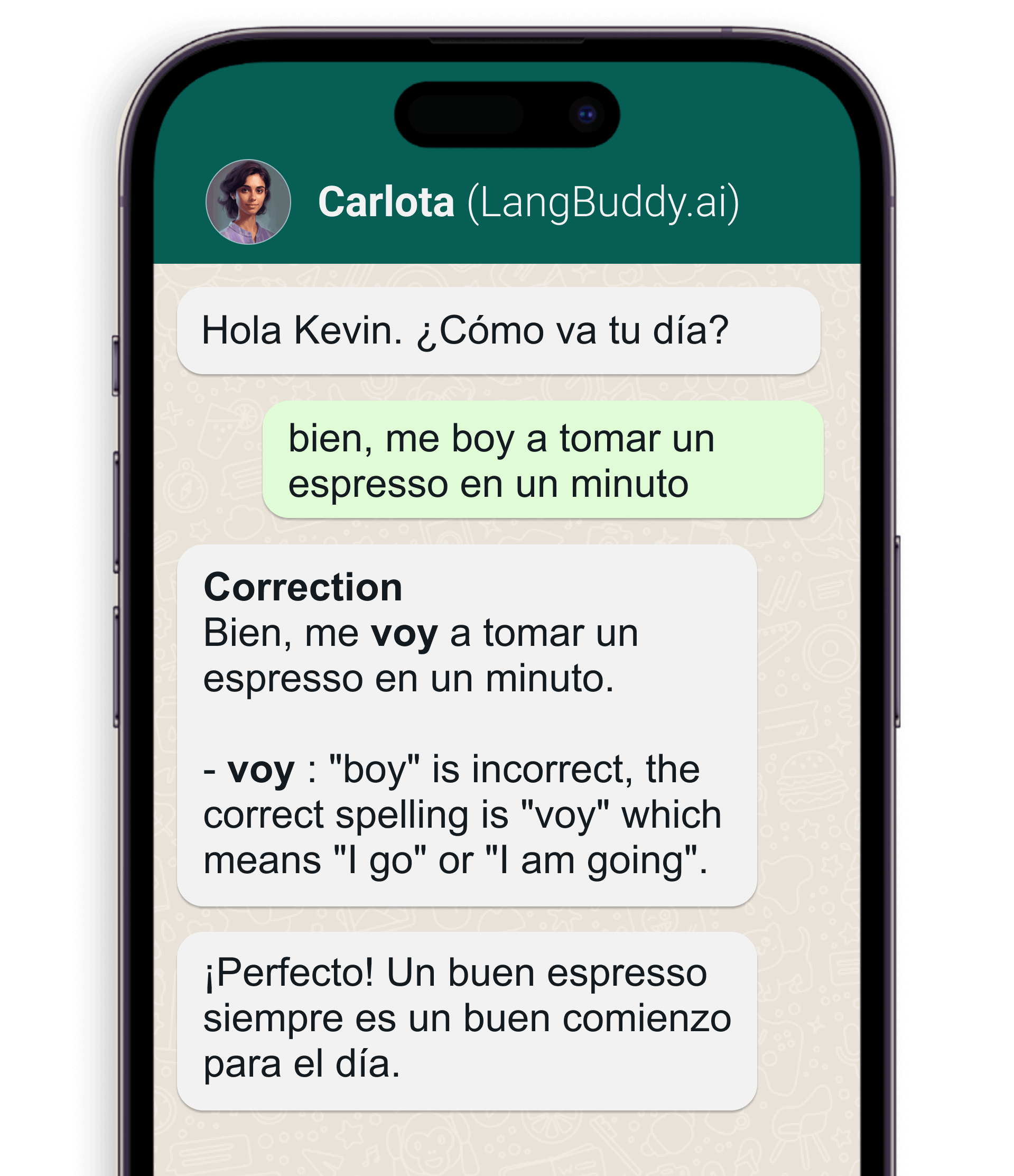Used by 6,000+ happy students
How to Tell Someone to "F*ck Off" in Spanish: The Ultimate Guide to Regional Insults
How to Tell Someone to "F*ck Off" in Spanish: The Ultimate Guide to Regional Insults
Learning Spanish isn’t just about mastering polite phrases like “¿Cómo estás?” or “¿Qué tal?” Sometimes, you might find yourself in a situation where you need to tell someone to "f*ck off"—and that’s when knowing the right regional insult comes in handy. Spanish-speaking countries have a variety of creative and colorful ways to express frustration, and the way you tell someone to leave you alone can vary greatly depending on where you are.
In this guide, we’ll explore the most popular regional insults across Spain, Mexico, Argentina, and other Spanish-speaking countries. Whether you're dealing with an annoying coworker, a rude acquaintance, or just trying to blow off some steam, these phrases will come in handy. Let’s dive in!
1. Vete a la Mierda (Spain, Latin America)
One of the most straightforward insults in Spanish, “vete a la mierda” translates to "go to the shit." It’s widely used across Spain and Latin America and serves as a solid way to tell someone to back off without being too intense. It’s similar to saying "go f*ck yourself" in English.
Usage:
- Countries: Spain, Mexico, Argentina, Chile
- Tone: Moderate rudeness, used when you want to dismiss someone but don’t need to go overboard.
2. Vete a la Chingada (Mexico)
In Mexico, the phrase “vete a la chingada” is an even harsher way of telling someone to go away. The word “chingada” comes from “chingar”, which is one of the most versatile curse words in the Mexican Spanish lexicon.
Usage:
- Countries: Mexico, Central America
- Tone: Stronger insult than “vete a la mierda,” used for more serious frustration or anger.
3. Vete a la Verga (Mexico, Ecuador, Central America)
This is another Mexican favorite: “vete a la verga”. It literally translates to "go to the dick" and is considered highly offensive in many Spanish-speaking countries. The term “verga” is vulgar and can be used in various contexts, but in this case, it’s a blunt way of telling someone to get lost.
Usage:
- Countries: Mexico, Ecuador, Central America
- Tone: Very harsh; save this for when you’re really angry.
4. A Tomar por Culo (Spain)
In Spain, the phrase “a tomar por culo” is another common expression. It literally translates to "go take it up the ass" and is a playful, yet still offensive, way to tell someone to go away. It's not as intense as the others, but it still packs a punch.
Usage:
- Countries: Spain
- Tone: Mild to moderate; used in casual situations, often when you're annoyed but not furious.
5. Que Te Jodan (Spain)
Another popular phrase from Spain, “que te jodan” means "may they screw you" or "go get screwed." It's less severe than some of the other expressions but still a clear way of expressing frustration or dismissal.
Usage:
- Countries: Spain
- Tone: Less vulgar, often used in moments of frustration when you want to be rude but not too offensive.
6. Andate a la Puta Que Te Parió (Argentina)
In Argentina, “andate a la puta que te parió” is a phrase that takes things to another level. It literally means "go to the whore that gave birth to you" and is one of the most vulgar phrases in Argentine Spanish.
Usage:
- Countries: Argentina
- Tone: Extremely harsh; reserved for intense situations when you want to insult someone profoundly.
7. Andate a la Concha de Tu Hermana (Argentina, Uruguay)
Another classic Argentinean insult, “andate a la concha de tu hermana”, translates to "go to your sister’s pussy." It’s one of the more graphic insults in the Argentine lexicon, making it a go-to phrase when you're deeply irritated.
Usage:
- Countries: Argentina, Uruguay
- Tone: Extremely offensive and vulgar; only for use in situations of extreme frustration.
8. Ándate a la Chucha (Chile)
In Chile, “ándate a la chucha” is a popular way of telling someone to f*ck off. “Chucha” is a vulgar term for female genitalia, and this phrase is used when you want to be very blunt and dismissive.
Usage:
- Countries: Chile
- Tone: Strong, but not as vulgar as some of the other phrases on this list. Commonly used in heated moments.
Conclusion: Use With Caution!
As you can see, telling someone to "f*ck off" in Spanish can take many forms, each with varying degrees of intensity. The country you’re in, as well as the situation, will determine which phrase is most appropriate.
However, as fun as learning these insults can be, remember to use them with caution! Spanish is a rich and vibrant language, and while swearing can be a form of expression, it’s always best to know your audience and the context before using these phrases.
Bonus: Want to Learn More Spanish?
If you're looking to improve your Spanish or add a bit of flair to your language skills, LangBuddy is here to help. LangBuddy is a WhatsApp-based language tutor that helps you practice real conversations with feedback on your errors. Whether you're practicing for business, travel, or just for fun, LangBuddy can help you level up your language skills, including mastering the fun side of Spanish—like insults!
Learn more about LangBuddy and start practicing today!
Your Personal AI Language Learning Assistant
- Learn new languages
- Practice conversation
- Chat on WhatsApp
- Translate text and voice
